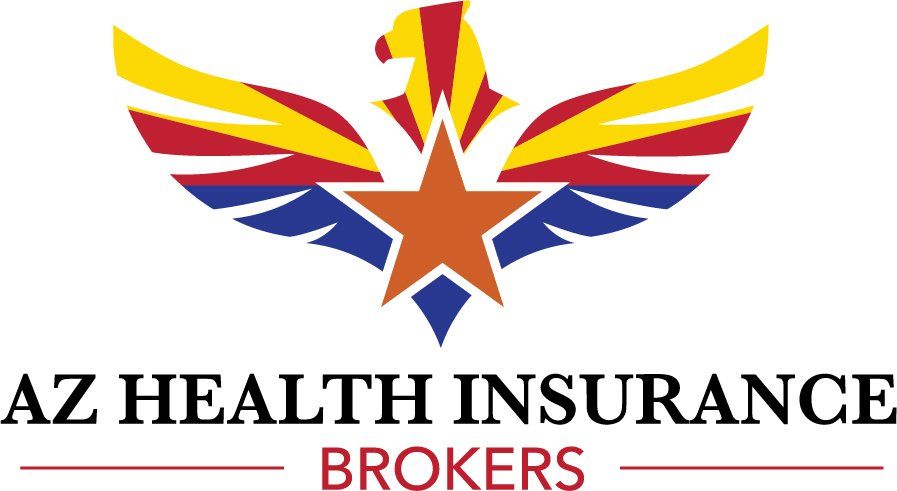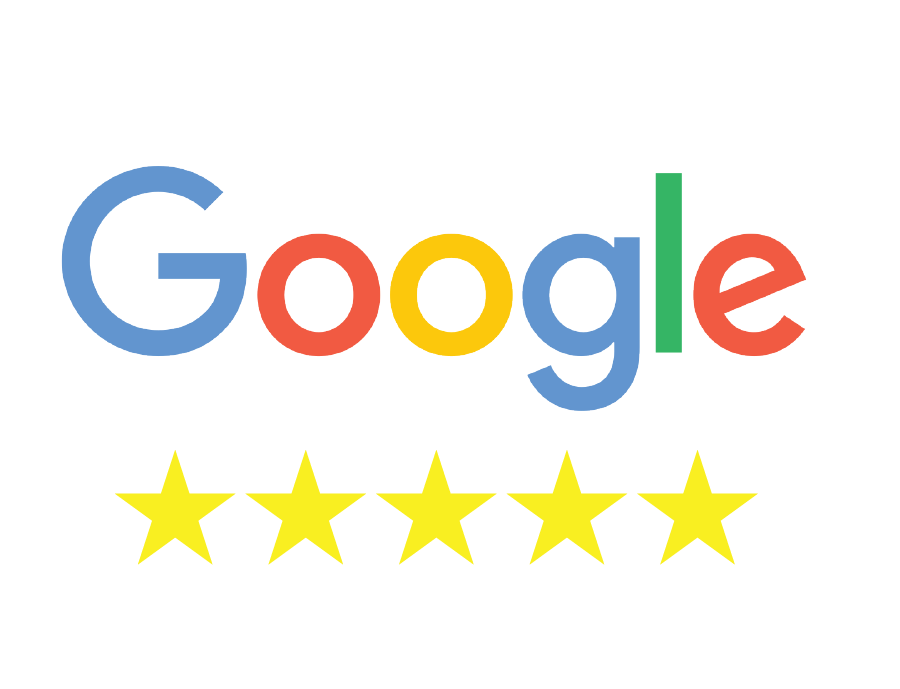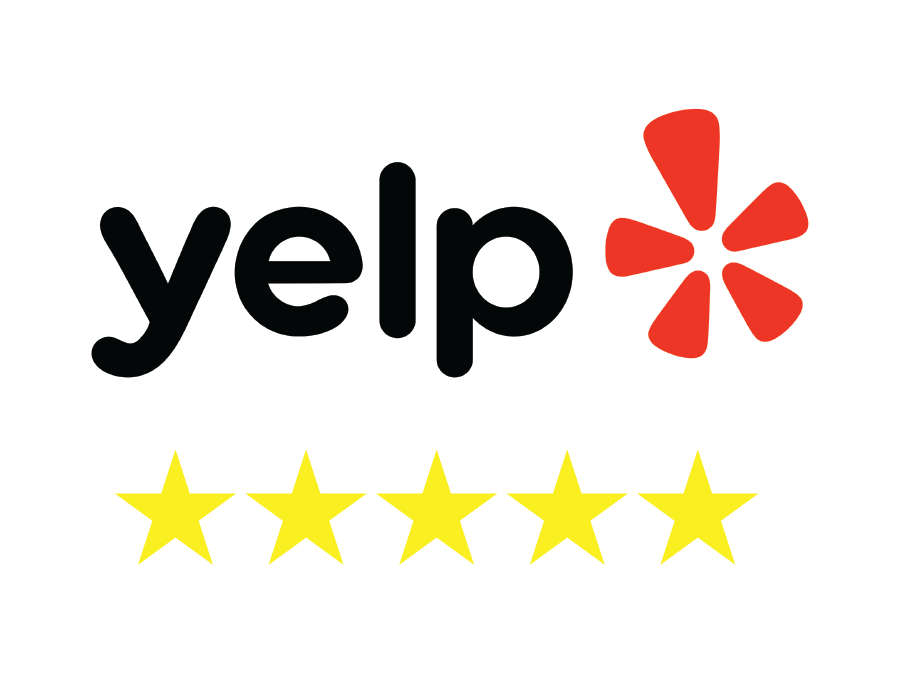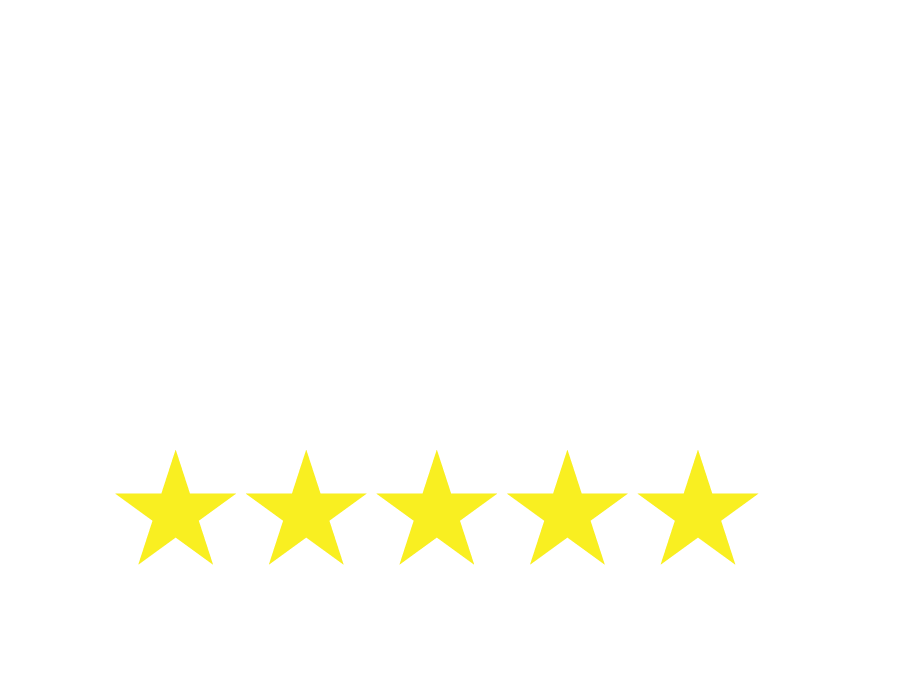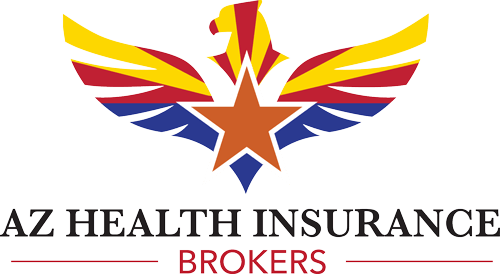Business Insurance
Interested in group health insurance in Arizona? Learn about your options in our guide.
Group Health Insurance in Arizona
If you’re a business owner in Arizona, you may be interested in your options for offering healthcare coverage to your employees. Group health insurance and alternatives to traditional group health insurance, also known as defined contribution plans, can both improve employee attraction and retention, as well as keep your employees happy and healthy at work.
At AZ Health Insurance Brokers, we offer completely free consultations to business owners, so they can learn more about their healthcare coverage options in Arizona. Whether your business is located in Phoenix, Scottsdale, Flagstaff, Tucson, Kingman, Tempe, Mesa, Glendale, Peoria, Sedona, Goodyear, Yuma, Bisbee or another Arizona city, we can help. We work with the best-reviewed insurance companies in Arizona, so you have plenty of options to choose from.
Use this guide to learn more about what’s available related to business health insurance in Arizona. Looking for business insurance as someone who’s self-employed? Read our guide to self-employed business insurance.
Call us today to talk with a group health insurance in Arizona expert.
Benefits of Offering Group Health Insurance for Small Businesses
Most job seekers today consider health insurance coverage to be a top sought-out benefit. According to “Forbes,” in 2024, 67% of employees named employer-covered healthcare as the most important benefit. If you’re still unsure about offering health insurance for workers, consider:
- According to “Forbes,” 1 in 10 workers would take a pay cut to have access to better benefits.
- When businesses offer healthcare coverage, 75% will take up the firm’s offer of coverage, a 2024 KFF study finds.
- According to the November 2024 Workplace Wellness Survey by Employee Benefit Research Institute and Greenwald Research, “Workers broadly agree that their employers have a responsibility to make sure employees are mentally healthy, physically health and financially healthy.”
Health insurance helps companies retain employees, too, as a 2024 survey found 1 in 6 Americans don’t like their job, but stay in a role for the health insurance benefits, with 38% willing to stay in an unfulfilling role and 28% willing to endure limited career advancement to retain their employer-sponsored healthcare coverage.
Companies that are competing for top talent, in both hiring and retention, should consider health insurance as a value-add. There are many ways to offer this in-demand benefit. A
group benefits insurance consultant can help.
Advantages of Working With a Group Health Insurance Broker/ Employee Benefits Consultant
When you want to offer group health insurance, it’s helpful to partner with a group health insurance / employee benefits consultant. Typically, this doesn’t result in extra costs to a business. Rather, the group health insurance consultant gets paid through the insurance company once you decide on a plan to offer.
That means, you can get expert, personalized advice when you need it, at no extra cost to you. A group health insurance broker can present you with all your options, so you can compare costs and coverage and select the best plan for your employees now and evolve offerings in the future.
Your insurance broker can provide many benefits as an extension of your business operations. At AZ Health Insurance Brokers, we do everything we can to help our clients achieve their business goals, from group health insurance to beyond.
Different Types of Group Health Insurance
There are several types of ways to purchase group health insurance in Arizona. Small business owners can choose what works for them based on their current capabilities, and adapt plans as their business grows.
How to Choose Group Health Insurance
To compare the above ways to get group health insurance for employees, look at the below table.
| Type of Insurance | Best for # of Employees | How Costs Are Determined |
|---|---|---|
| Fully Insured | 2-50 employees | Age and county |
| Level Funded | 6-1,000 employees | Health of employees/number of employees lowers risk and costs |
| Self-Funded or Partial Funded | 1,000+ employees | By employer |
| Professional Employer Organization (PEO) | <15 employees | Based on total benefits offered by PEO, plus administration fee per employee |
Group Health Insurance Carriers
Whether you’re shopping for group plans in Arizona or nationally, AZ Health Insurance Brokers will help you choose the right carrier partners.
Group Health Insurance Add-Ons
In addition to offering health insurance for essential services like annual checkups and emergency services, some employers provide employees with additional benefits. The following can easily be added to a traditional group health insurance plan offered by employers.
Third-Party Administration Services
In addition to helping small business owners navigate traditional group health insurance options like those above, the AZ Health Insurance Brokers team can assist with third-party administration services for a variety of business needs. These include the following.
Wrap & POP Documents
A wrap document is a breakdown of benefits offered to employees, including benefit details and disclosures.
POP stands for Premium Only Plan, also known as a Section 125 or Cafeteria 125 plan. POPs enable employees to pay for health insurance premiums tax-free, which helps employers lower taxes they need to pay toward Social Security match. We can help create wrap and POP documents that meet all compliance standards.
1095 / 1094 Reporting
Employers must file Internal Revenue Service (IRS) forms 1094-C and 1095-C when they’re required to offer health insurance coverage to employees under the Affordable Care Act. If your business needs to submit these, we can help you prepare these tax forms.
Other Employee Health Coverage Options
01 HSA
Health savings accounts (HSAs) are savings accounts that are specifically used for healthcare costs. HSAs must pair with high deductible health plans (HDHPs). Both employers and employees may contribute to their HSA and use those contributions tax-free now and in the future. HSA funds roll over year after year.
02 FSA
Flexible spending accounts (FSAs) are also savings accounts that accountholders can use to pay for out-of-pocket healthcare costs. Accountholders don’t have to pay taxes on FSA contributions, but FSA funds don’t roll over unlimited each year.
03 HRA
Health reimbursement arrangements (HRAs) allow small business owners to offer tax-free healthcare reimbursement to workers. Employers can determine what a plan covers and up to how much you’ll reimburse. HRA plan types include:
For small business owners who need assistance deploying one of the above accounts or documents for employees, the AZ Health Insurance Brokers team can help.
Different Group Health Insurance Network Types
In addition to different ways to buy health insurance, there are different types of health insurance networks within the various plans. These include the following, which you can learn more about when you talk with a group health insurance expert to compare options. To learn about which plan type may work best for your employees, talk with a group health insurance broker.
Group Health Insurance for Multi-State Businesses
Businesses that operate in multiple states will have different group health insurance considerations. You’ll need to ensure you meet compliance regulations in each state, while also meeting the healthcare needs of your employees.
While we’re based in Arizona, we also work with insurance specialists across the country and have expertise in multi-state business group health insurance. Talk with us to learn about your options.
Contact AZ Health Insurance Brokers for Group Health Insurance Assistance
If you want to attract and keep talented employees at your business, it’s essential to consider offering health insurance coverage for your employees. The team at AZ Health Insurance Brokers can help you learn about all your options and help you select a budget-friendly plan that benefits your employees.
Benefits to consider with working with a broker include:
- Fiduciary service: We’ll place you with the appropriate carrier for what you need, and ensure that you’re aligned with rates you want, including a low-cost option if that’s preferable. We’ll also help you look at overall strategy and long-term costs versus value, and will help you pivot insurance strategies depending on your business growth and evolution. Your broker should feel like a business partner and an extension of your human resources (HR) team.
- Customer service: We’ll provide you with accurate, quick, concise information when you need answers to questions. We’re readily available to you, so your HR department and employees can get information when they need it. We’ll also provide tailored solutions based on what your business needs, whether that’s help with employee engagement in health insurance programs, or technology assistance.
- Technology: Speaking of technology, it has transformed the group health insurance landscape. We’ll help you understand how to use business health insurance technology and stay in compliance while easing the strain on your HR team.
- Compliance: Related to compliance, we’ll handle all of your health insurance benefits compliance details, including proactively letting you know when compliance requirements change based on milestones your business achieves. Compliance laws change frequently, and we will can work with your HR team to alert them on the latest developments.
- Well-rounded knowledge: Health insurance broker roles have evolved beyond insurance. A great broker will help make strategic recommendations as a partner to your business, which can include areas like payroll, 401(k) and general liability.
If you need help with offering business health insurance, contact us for a FREE consultation.
Business Health Insurance Tips
01
4 Group Health Insurance Funding Strategies
02
5 Pieces of Business Health Insurance Compliance
03
3 Common Group Insurance Renewal Mistakes
04
5 Common Mistakes With Group Health Plan Setup
05
Benefits of Working With a Health Insurance Broker
Business Insurance FAQs
Have a question? We’re here to help.
